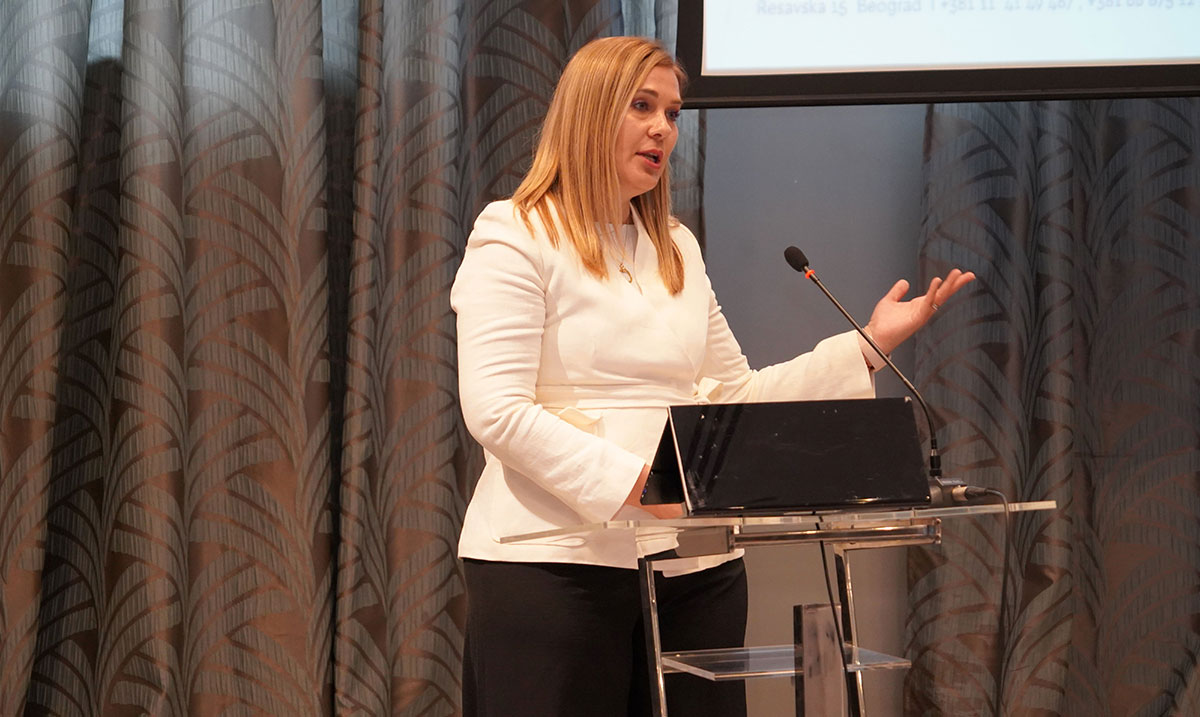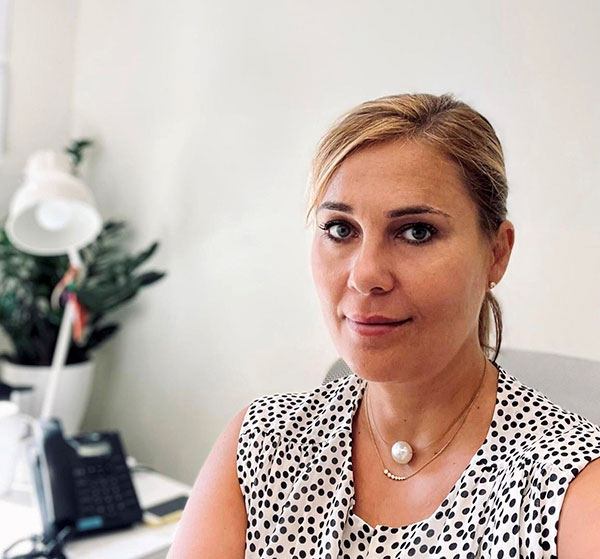GIZ TVET project Kick-off workshop
April 17 – 18, 2024. | Belgrade

Aligning the vocational education system to the requirements of green transformation and sustainable development is of great importance for the process of Serbia’s progress towards joining the European Union.
“Green skills” are crucial not only for secondary school students, but also for young people who strive to improve their employability, but also for accelerating the progress of green transformation in companies, which contributes to increasing the competitiveness of the economy in Serbia.
The topics as described above were the focus of the introductory workshop of the project “Vocational Education and Youth Employment in Serbia”, which is implemented within the German Development Cooperation in Serbia by GIZ in cooperation with the Ministry of Education and the Office for Dual Education and the National Qualifications Framework. The project started 1st of January 2024 and has a duration of 3 years. The financial project volume covers an amount of up to 3,5 million euros.
The introductory workshop was held in Belgrade, at the Metropol Palace Hotel in the period from 17 to 18. April 2024 and brought together more than 50 representatives of national institutions, the private sector, donor organizations (Switzerland/Austria), and secondary vocational schools.
The strategic objective of the two-day workshop was to present to the relevant actors the framework of the project that seeks to ensure that the system of secondary vocational education and adult education in Serbia is in line with the needs of sustainable development and green transformation. In addition to presenting the project framework, this workshop was organized with the aim to receive feedback from participants on how they see these processes of transformation of the education system, what are possible challenges in implementation but also potentials that already exist, and how it can contribute to the successful transformation of the education system in accordance with the Green Agenda. Based on the inputs obtained from different stakeholders, the project will create as a next step a long-term operational plan for the implementation of further activities in the current period.
The workshop was opened with welcoming speeches by the main partners in the project, representatives of the Ministry of Education – Assistant Minister Miloš Blagojević, Office for Dual Education and National Qualifications Framework – Director, Prof. Dr. Gabrijela Grujić, and German Development Cooperation, Christian Schilling – Head of the Development Cooperation Department of the Embassy of the Federal Republic of Germany. The speakers emphasized the importance of long-term cooperation and the importance of aligning the vocational education system of Serbia with the goals of sustainable development and the green agenda.

Framework of the new project was presented by the project manager Dr. Frank Wullkopf, who informed the participants about the expected results of the project.
The participants also had the opportunity to hear presentations by domestic and foreign experts who presented in an interesting way topics such as the impact of the green transition on education and the labour market through the creation of new professions, the effects of the green transition on the economy and the challenges that companies face in the field of reporting, as well as sustainable and efficient construction sector.
In the introductory workshop of the project dealing with the green transition in secondary vocational education, Tanja Lindell presented the perspective of the economy and the most important 'green' legal regulations that it faces, as well as the analysis and effects of the green transformation on the economy.
After that, the participants in three working groups, according to the main project modules, shared their perspectives and suggestions, with the idea to jointly mapping the activities, ideas, and ways of achieving that lead to the achievement of the main goal of the project.

